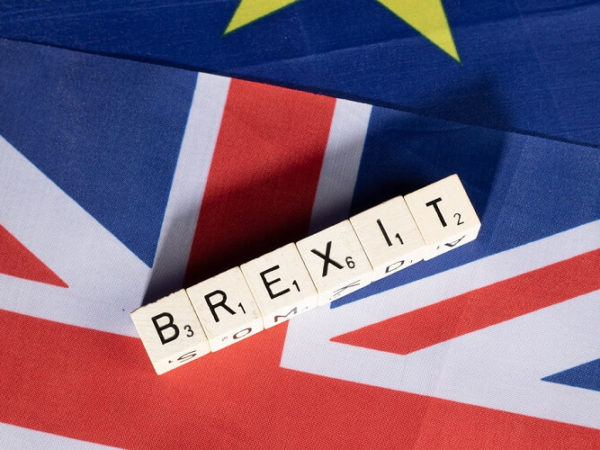Introduction
As March 29, and Britain’s exit from the European Union, looms ever closer, many British passport holders are concerned about their upcoming or intended travel plans to Europe. Travel experts have combined to try and clarify what the situation will be regarding the changes that are likely to be implemented following Brexit.
Although talks between the British Government and the European Commission are still ongoing, and deals may yet be made, it looks certain that British citizens will face extra paperwork and fees in planning even the shortest trip to Europe.
European Visa Required?
As things stand, Britons do not require any form of European visa or Schengen Visa to visit any of the European member states. Unless on an exemption list of 61 countries, which includes the U.S.A and Australia, a Schengen visa or other form of European visa is required for European travel for non-EU nationals. As members of the EU, British citizens do not presently require a visa but, following Brexit, Britain will be considered a “third country” and subject to the same rules as other countries outside of Europe. There was some talk of the possible introduction of a European visa after Brexit but the European Commission has confirmed that this will not happen.
However, the EU is forging ahead with the new European Travel Information and Authorisation System (ETIAS) and this will be a requirement for not just British citizens but for many other nationalities outside the European Union. The new system is still being finalised but is expected to come into effect sometime in 2021.
Introduction of ETIAS
ETIAS is not a form of European visa but permission to travel to, from and within the European zone. The system is similar to the American ESTA system and is being introduced to address security, criminal and migrant issues throughout Europe. Regardless of whether or not British citizens will require a form of European visa after Brexit, ETIAS approval will be mandatory for all British passports. To qualify for ETIAS, applicants will need to fill in an online form which will include details of criminal convictions and medical conditions. Approval will need to be updated every three years at a current cost of approximately £6.30. It is, as yet, unclear, whether or not British citizens will also require a Schengen Visa or similar for European travel but it remains a possibility. With Schengen Visas currently costing around £52 for adults and £30 for children, European trips are set to hit British travellers in the pocket should a visa system be introduced.
The Immediate Future
Under the current Brexit deal, EU and British citizens will continue to travel visa-free between the two entities. However, this situation will only last until the end of a transition period which is set to end in 2020. After this time, it is possible that Britons travelling to Europe will require some form of visa and the same may also apply to Europeans visiting the United Kingdom. This has not as yet been confirmed with the EU Commission ready to offer visa-free travel to Europe for Britons if the British Government will reciprocate the offer. Regardless of the visa situation in 2020, ETIAS approval should be in place by then and will be mandatory for all UK passports.
European Vacation Price Increase
Travel agencies in Britain have been inundated with calls from anxious holiday-makers wanting to know how Brexit will impact upon their travel plans and bookings. Current indications are that there will be little or no impact for the present but that could yet change depending on ongoing talks with the EU Commissioners. No visa is required although ETIAS approval will be a mandatory requirement from 2021. A change in the value of sterling against the Euro is also likely which may be to British travellers benefit or detriment. Sterling has already fallen by 13% against the Euro and dollar since the Brexit referendum and a further drop cannot be ruled out following Britain’s actual exit at the end of March. Customers who have already booked a European trip, or intend to do so, may have to budget for more than originally planned if the value of sterling remains at the current level or drops further.
Irish Passports in Demand
Seeking to avoid the complications of post-Brexit travel or residency in the European zone, many British passport holders are investigating the possibility of qualifying for an Irish passport. Regardless of what transpires in the Brexit negotiations for the United Kingdom, Republic of Ireland passport holders will still automatically qualify for visa-free travel in the EU. Citizens of the United Kingdom who have parents or grandparents born in the Republic of Ireland are entitled to an Irish passport as is most of the population of Northern Ireland. The Irish embassy in Dublin reported that applications for passports from UK citizens were “through the roof” in 2018 and that situation looks set to continue until any and all Brexit deals have been finalised.




